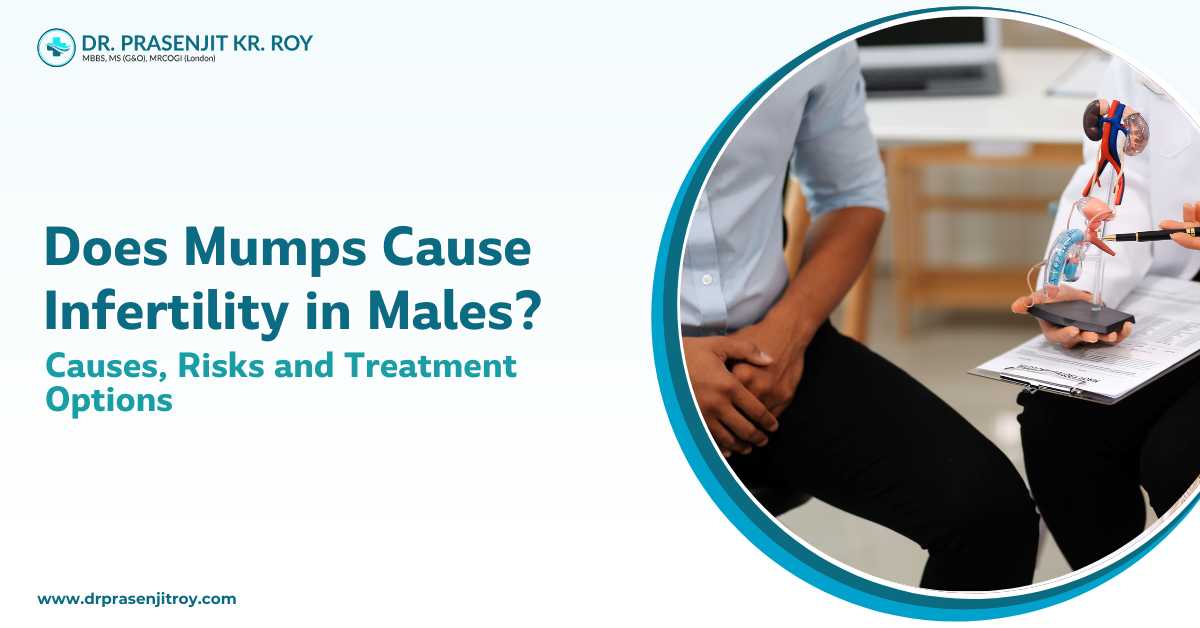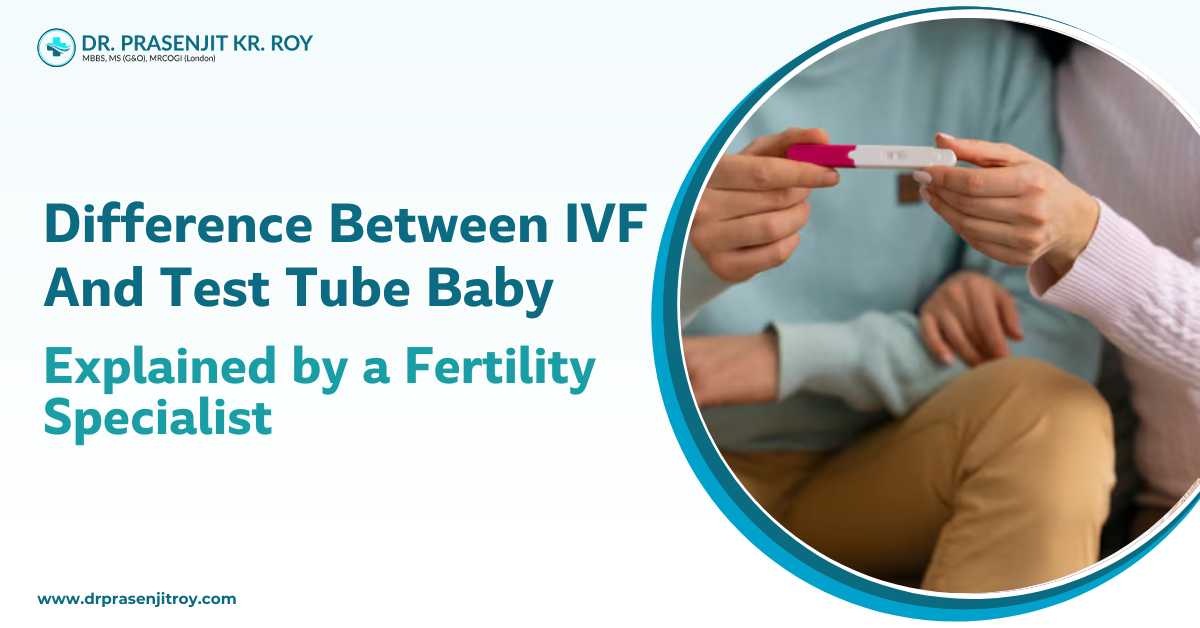Pregnancies may/may not get complications. But there’s always a chance of risk factors. You no need to shudder. If you’re planning a pregnancy, receive expert suggestions. Polyhydramnios is an excess buildup of amniotic fluid around the unborn baby. Read on to have insights into the topic.
Amniotic fluid looks slightly yellowish to colourless, and is a clear, odorless, thin fluid. It’s a protective fluid that surrounds the growing fetus in your womb. It provides cushions to the baby against outside pressure and freedom of movement. Unlike the mild form of polyhydramnios, a severe condition may lead to complications. Talk to the leading obstetrician in Siliguri.

Typically, this condition occurs during the second half of gestation. However, it can appear earlier. Upon close health monitoring, your doctor suggests treatment if required. Given below are some of the signs of polyhydramnios:
- A sense of uterine construction
- A feeling of pressure in your lower extremities
- Cramping, shortness of breath
- Swelling of feet, legs, genitals
- Fetal malposition
- Frequent urination, constipation
- Heartburn
You no need to guess the problem. Best if you feel any discomfort, consult your doctor. At times, signs of health concerns overlap. Therefore, it’s difficult for us to identify the concern. With an apt health evaluation, your expert rules out the cause. Now, if the doctor feels the importance of ensuring treatment, prescribes you so.
Always be present for prenatal ultrasounds. Did you know untreated polyhydramnios can be responsible for a number of complications? Such as premature rupture, umbilical cord prolapse, premature delivery, stillbirth, placental abruption.

Knowing The Reasons for Polyhydramnios
Much remains unexplored about what exactly leads to this medical condition. Listed in the directory below are some factors that have a role here:
- Gestational diabetes. This type of diabetes develops during pregnancy around the 24th week of gestation.
- Twin-to-twin transfusion syndrome. TTTS is a rare but complex condition in which identical twins share the same placenta.
- Rh factor at variance. It occurs when the expectant mother is Rh negative and the fetus is Rh positive. So, it may damage the red blood cells.
- Fetal anemia. One of the most complicated conditions is fetal anemia during pregnancy in which the portion of circulating RBCs and hemoglobin in your fetas is below normal caused by the incompatibility of the blood type between the mother and the fetus.
- Congenital disorders. This condition may interfere with the ability of the baby to swallow the amniotic fluid.
Diagnosis & Medical Solutions
If your medical expert/OB-GYN suspects the signs of polyhydramnios, the doctor may go for a few diagnostic procedures/tests, including – blood tests, nonstress tests, biophysical profile, amniocentesis, fetal echocardiogram, etc. Not every expectant mother requires all kinds of tests.
For mild conditions, no certain treatment may be needed. To treat severe conditions, doctors may go ahead with draining too much accumulation of amniotic fluid, medications, etc. Listen to expert guidance for better health management.








